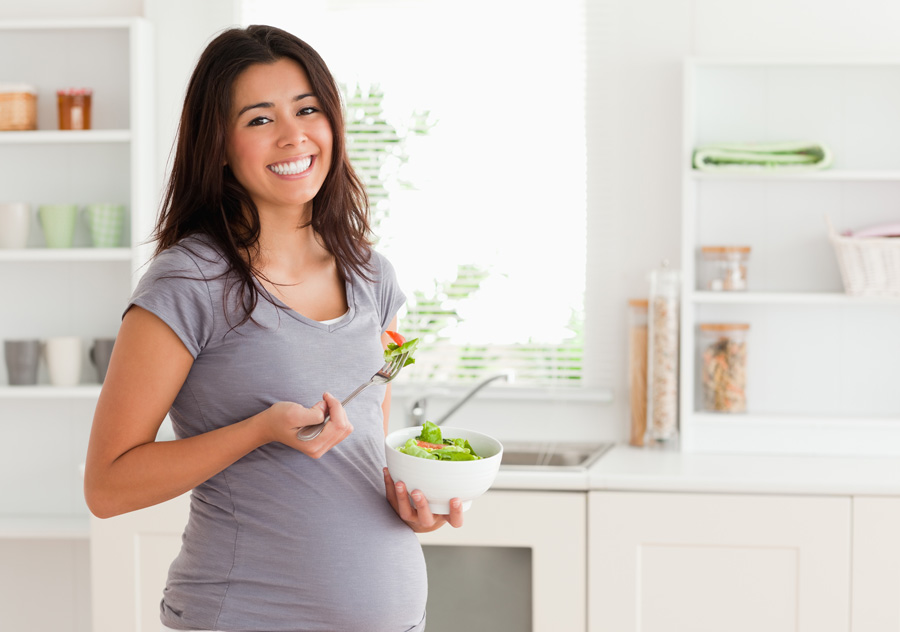5 ways recovering from an eating disorder and Becoming a new mom are similar
1. There will be changes in your body.
Whether you are gaining weight or losing weight, your body will change in recovery and motherhood. Even if you miraculously lose all the baby weight within [insert ridiculously unrealistic timeline here], your body will never be the same. Your stomach will never be the same. You grew a baby in there. In eating disorder recovery your body will likely change size and/or shape as well. You may think this only applies to anorexics needing to gain weight, but not so. People who lose weight in recovery also struggle with their new size. Changes in size can be emotionally uncomfortable. Why? Because emotional suffering is not about the size of your body.
2. There will be changes in your emotional states.
I remember the first year of my eating disorder recovery clearly, even though it was almost twenty years ago. For a long time, I felt anxious. Later I learned to start identifying what was sadness, anger, fear, or hope. But for a long time it felt like the rainbow spectrum of feelings were mixed together in a gray lump called “anxious.” I was encouraged, like I now encourage my clients, to stay with the process.
If you come from a family system that didn’t invite or allow certain feelings, those are likely to be the ones to re-appear once you get into recovery or have a child of your own. Sadness, inadequacy, anger, and shame are common ones. This is not because this is something wrong with you. This is because those feelings have not been tended to. Despite what some fear, they don’t need to take over your life, but they do need to have a place in your life. If you don’t feel, you can’t heal.
3. Your hormones and brain will be affected.
I remember studying for the Psychologist licensure exam having to memorize different parts of the brain and being amazed at how much tiny parts of the brain can affect large parts of your experience. The hippocampus is a small, but significant part of the brain at the center of the limbic system. In terms of brain functions, it is related to memory (particularly making new memory), mood (particularly depression) and estrogen.i
Mommy brain and Mood swings
For new moms wondering where they put their car keys and why they can’t remember the right word for something when they have a doctorate degree, this is why! In one study, as many as 80% of pregnant/postpartum women reported memory problems compared to 10-16% of non-pregnant women.ii According to the American Pregnancy Association, mood changes during pregnancy are directly related to the drastic shifts in the hormones estrogen and progesterone.iii Interconnections between estrogen and neurotransmitters are thought to be responsible for mood shifts, especially for women sensitive to these shifts during premenstrual, postpartum or peri-menopausal periods.iv
What about eating disorders?
Although the causes of eating disorders are multifaceted and complex, neuroscience is discovering how the links between neurotransmitters such as serotonin and dopamine are directly linked to the experiences of hunger depression, anxiety, obsession, and reward. Positive Electron Tomography (PET) scans are showing changes in brain chemistry associated with eating disorders. Functional Magnetic Resonance Imaging (fMRI) studies are showing that serotonin and dopamine may play a direct role in eating disorders.v
4. Both recovery and new parenthood require identity transformation.
Recovering from an eating disorder is hard, as is being a new mom. In my psychotherapy practice, I often hear “This should be easy,” “I should feel happy,” or “I should now feel fulfilled.” The truth is often quite the opposite. Recovery is hard; new parenthood is hard. Both will stretch you in ways not only emotionally and physically, but also psychologically.
One of my favorite nature metaphors is of the cocoon. Inside the cocoon, a caterpillar has to turn into soup before it can reshape itself into a butterfly. It doesn’t just twist around in the cocoon, and then go “Poof! I’m all ready now!” It has to become the unknown before it can reshape itself into what it is becoming.
Becoming soup and turning one’s self into something new require strength and courage. Trust your treatment team, recovered friends, and further-along-moms when we share with you that it does get better. YOU can get better.
Which leads me to the last, but not least, similarity
5. Recovery and motherhood are likely to be the greatest gifts in your life.
i Basic psycho-education on the Hippocampus:
http://psycheducation.org/brain-tours/memory-learning-and-emotion-the-hippocampus/
ii Brindle, Brown, M., Brown, J., Griffith, & Turner, 1991; Jarrahi-Zadeh, Kane, Van De Castle, Lachenbruch, & Ewing, 1969; Parson & Redman, 1991; Poser, Kassirer, & Peyser, 1986; Sharp, Brindle, Brown, & Turner, 1993
iii American pregnancy organization:
http://americanpregnancy.org/pregnancy-health/mood-swings-during-pregnancy/
iv “Hormones & Mood: Is There A Connection Between PPD & Your Period?” by Katherine Stone, www.postpartumprogress.com
v University of California San Diego School of Medicine Brain Imaging Studies
http://eatingdisorders.ucsd.edu/research/imaging/






